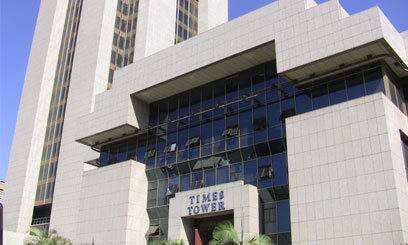
Consumers are gravitating to the tax-free non-malt brands that first received a tax break of 35 percent in 2006/MIKE KARIUKI
NAIROBI, Kenya, Apr 20 – A shift in consumption patterns for beer to non-malt containerized drinks has hurt the Kenya Revenue Authority’s (KRA) performance in domestic excise duty this year.
Speaking while releasing the KRA’s third quarter revenue performance Commissioner General John Njiraini said consumers are gravitating to the tax-free non-malt brands that first received a tax break of 35 percent in 2006.
“In 2006 the issue that came up was that people were dying because they were drinking illicit brews and therefore it was appropriate to give some tax breaks to the beer manufacturers to make cheap beer for this class of people,” he said.
Consequently the non-malt containerized brands saw a volume growth of 60 percent over the last nine months.
With excise taxes on beer contributing over half of the entire domestic excise taxes collected by KRA, Njiraini said they are discussing changes on the tax incentives to address the issue.
“What may not be foreseen when you give tax breaks is the way business react and even consumers. That’s why this issue of tax incentives is not necessarily the best way to address social issues,” he said.
Alcohol and beer alone account for over 90 percent of total domestic excise duty collection.
Domestic Taxes posted a 17 percent growth to Sh100.2 million for the third quarter this fiscal year from Sh85.7 million in the same period last year.
A fall in excise collection was also noted in airtime taxes as tariffs tumbled in the mobile phone industry.
“This declined in the first half of the year due to the mobile telecoms “price wars” but has since improved as the competition abated,” Njiraini said.
He added that the KRA will also consider taxing mobile money transfer transactions in a bid to expand its revenue base.


































